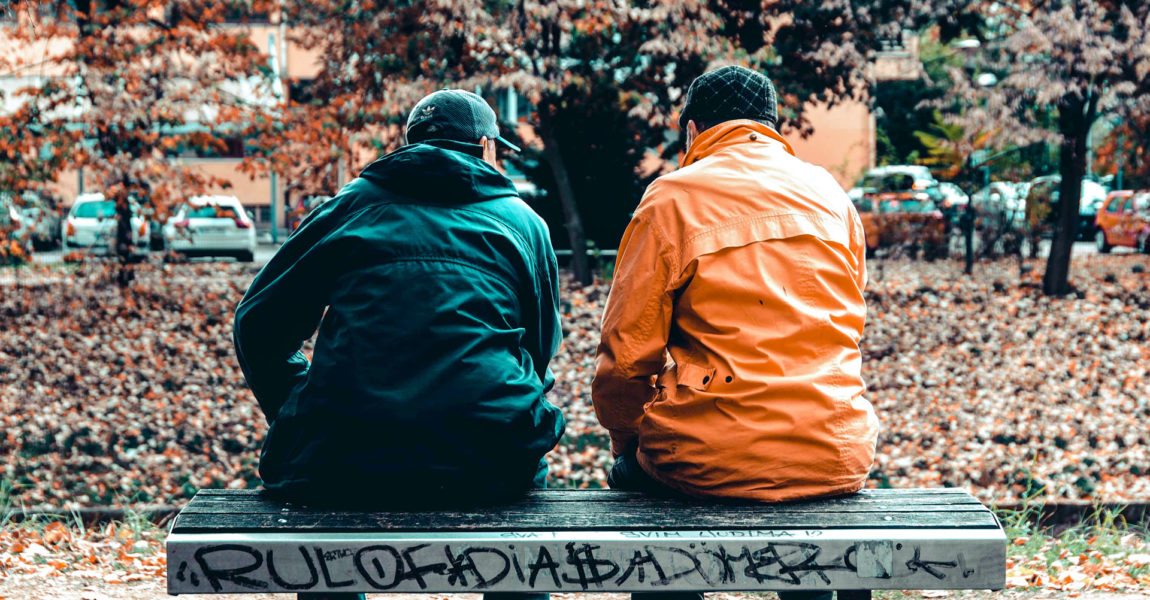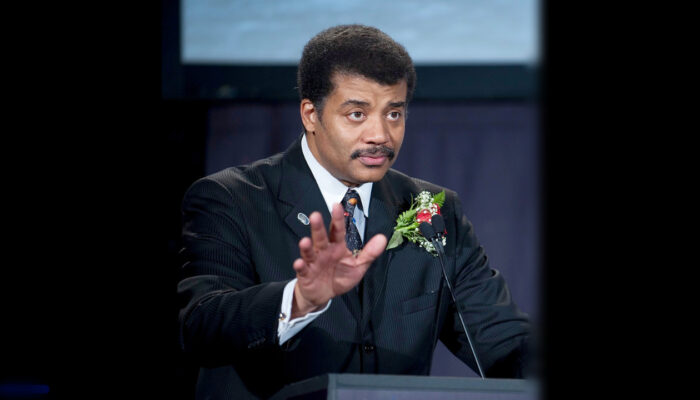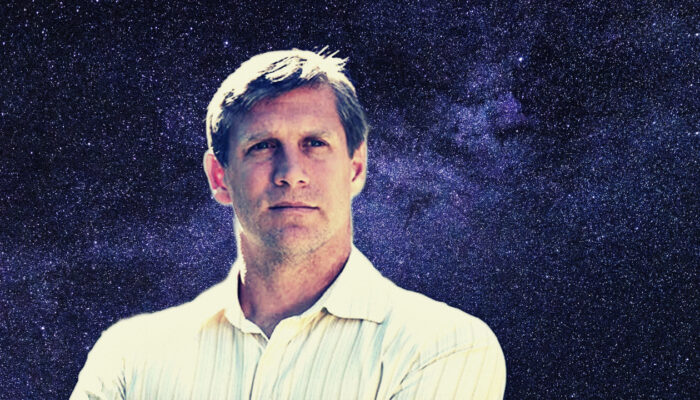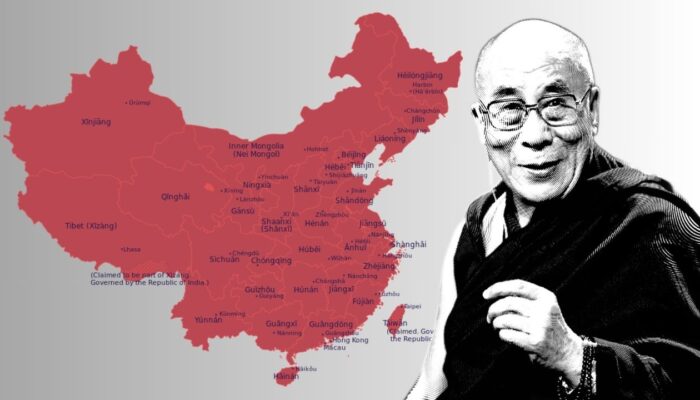
Fundamentalism can be defined as nostalgia for a world that never existed. What then is this belief in a future utopia in which “equity” is promised, especially since it will likewise remain elusive? It is difficult to pin down who coined this phrase, but here is an example of equity versus equal opportunity:
Equality gives everyone shoes; equity gives everyone shoes that fit.
When I read that, I thought of Kenneth Dahlberg’s mother. Dahlberg, American businessman and highly decorated World War II fighter ace, described in his autobiography One Step Forward how his mother, working the family’s Wisconsin farm in the early Twentieth Century, wore discarded men’s boots all her life. She did not go out and buy women’s boots in order to milk cows—she used what she had.
Likewise, I wore hand-me-downs while growing up. Many of my outfits, coming from a richer family, were of good quality but did not always fit. I was extremely small, so much so that the smallest commercial jeans hung on me. At the time my parents were not poor, but comfortably well-off in the mid-1970s before the outsourcing of blue-collar jobs.
The issue here is not socio-economic, but cultural and generational. My parents, children of the Depression and part of the Greatest Generation, believed in thrift, hard work, and reusing perfectly good items. As my mother put it, “We were recycling before your generation knew about it.” Making do, finding an alternative for a missing tool or recipe ingredient, or doing without it entirely, was not confined to the poor. It was not intersectional, just practical.
Likewise, my generation raised with certain expectations. For example, in first grade for a project our teacher handed out knives and had us all peel a sack of potatoes, and every one of my classmates, myself included, knew how to and did it. We did not whine about it—we all, rich kids and poor kids, fashionable and popular or not, knew how to help prepare supper, and not just by sticking something in the microwave (which were not available until I was in junior high).
These and other stories illustrate how “equity” is an elusive goal. First, equity is always a prisoner of its time, while the world is dynamic and ever-changing, as are people’s definitions of comfort. The demands of BLM, neo-Marxists and anti-racist activists are far different from the demands of the Black Panther and communalist movements decades ago. I’ll never forget going to the Rainbow Gathering in the 1990s and talking to the aging hippie owner of a communal farm (“owner” indicates the paradox) who finally had to fire his friends because they hung out while he did all the work. This shows the conundrum: once everyone receives their shoes that “fit,” what happens when they grow out of those shoes?
Equity is also a misguided attempt to give a disenfranchised group the fantasized goodies the supposed “dominant class” may have never actually ever had. People, even prosperous farmers like Dahlberg’s mother, still had to “make do” with what they had and if that worked, it was good enough. “Privilege” did not give her shoes that fit, or me pants that fit—until I finally grew into normal-sized clothes. Some things are outside of our control.
It stands to reason, then, that equity not only promises People of Color what it cannot deliver—it by implication also promises white people what others assume white people possessed, but never really had!
Welcome to utopianism. It’s a losing prospect. Our Founding Fathers knew it was a ninny’s charge to mandate happiness. In the place of an earthly paradise, they instituted a flawed but amendable Constitution, the further evolution of a nation that declared in its Declaration of Independence the universality of “Life, Liberty and the pursuit of Happiness” based upon, yes, an idea of some kind of Deist creator of nature but certainly not mainstream Christianity.
The naivete with which this movement approaches history and people in general props up a caricature in place of true liberty. Activists forget, even while denouncing capitalism, that white people were (and are) in competition. There has never been one “system” for white people. Romanticizing “privilege” as some sort of perennial Sunshine Fund for whites only wanted sets up an unrealistic goal for everyone who wish for “equity.” The outcome can only be unending frustration and resentment.
Many atheists and non-atheists alike are “Star Trek” fans. I definitely am. And I am reminded of this quote by Spock: “Having is not so pleasing a thing after all as wanting. It is not logical, but it is often true.” Those who want equity would do well to examine their call for a static, unchanging world in which growth and change are not factored in.
Comments are closed.



One comment
[…] Read More Atheists for Liberty Fundamentalism can be defined as nostalgia for a world that never existed. What then is this belief in a future utopia in which “equity” is promised, especially since it will likewise remain elusive? It is difficult to pin down who coined this phrase, but here is an example of equity versus equal opportunity: Equality gives The post The Pursuit of Equity Vs. the Pursuit of Happiness appeared first on Atheists for Liberty. […]